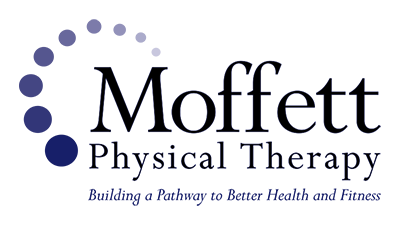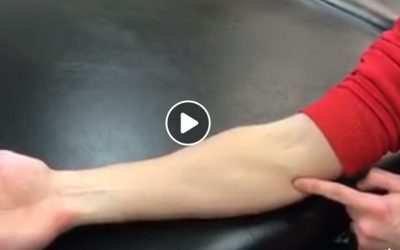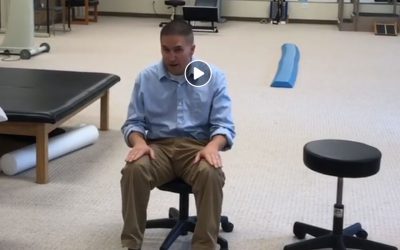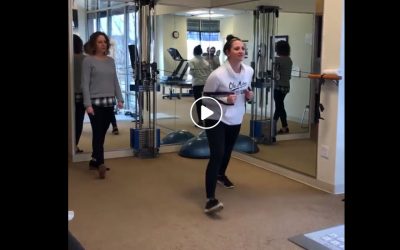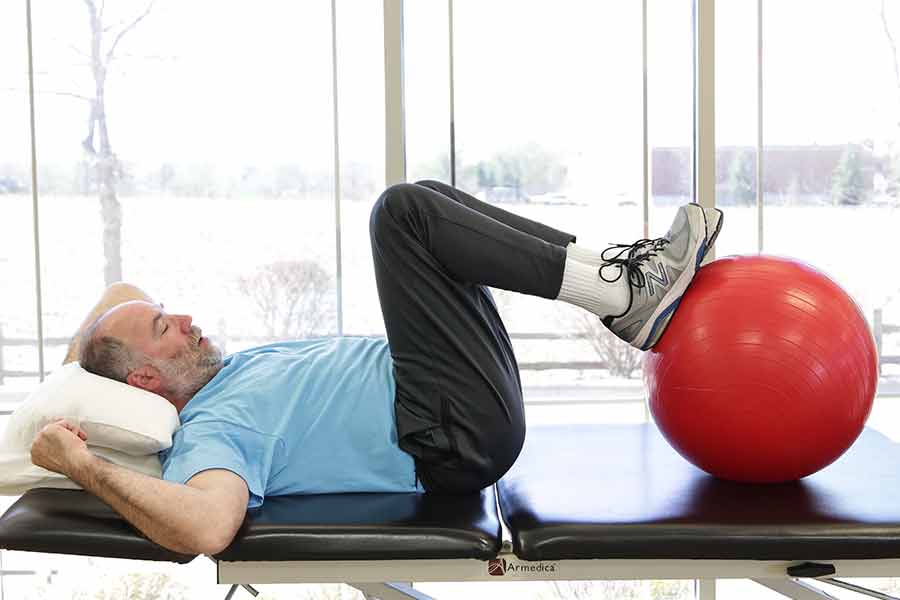
Hip Rehabilitation
Hip Bursitis
Hip bursitis is often a chronic injury to the hip. A bursa is a jelly like sac found at the joints which is meant to help decrease the pressure between the muscular tendons and the bone. The bursa is located on the outside of the hip, and it is normally slightly tender to the touch. When the bursa becomes irritated and inflamed, it is called ‘bursitis.’ This injury can occur from a variety of factors including overuse, injury such as falling on the joint, arthritis, and leg length, or spinal inequalities. Physical therapy addresses factors to reduce stress on the hip on an individual basis. Treatment can include flexibility exercises, strengthening, custom orthotic fabrication (shoe inserts), soft tissue mobilization/massage, modalities, and individualized home exercise instruction.
Joint Replacement
Hip replacement surgery is a common and successful surgery to assist with the reduction of hip pain, and to increase mobility and function. There are a variety of techniques and prosthetics that can be utilized, depending on the patient and orthopedic surgeons preferred practice. Physical therapy is utilized pre- and post-surgery to obtain the best outcomes for the patient. Treatment includes education regarding hip precautions/guidelines, gait training, strengthening, transfer training, and facilitation to return to normal activities along with a home exercise program.
Piriformis Syndrome
Piriformis syndrome is often mistaken for sciatica. Sciatica is a form of buttock pain that can radiate into an individual’s leg. This pain occurs when the sciatic nerve becomes irritated as a result of variety of reasons including disc herniation and disc bulge. Similar conditions, like piriformis syndrome, may also produce ‘sciatic like’ symptoms which can be rehabilitated with physical therapy. These symptoms can be produced from muscular imbalances and spasms. A thorough physical therapy examination will guide a treatment program specific for an individual’s needs. Treatment options include spinal range of motion exercises, stretching, core stabilization, strengthening exercises, manual therapy, modalities, back mechanics, ergonomic and posture education. Patients are also provided with a home exercise program, which is customized to the individual’s needs.
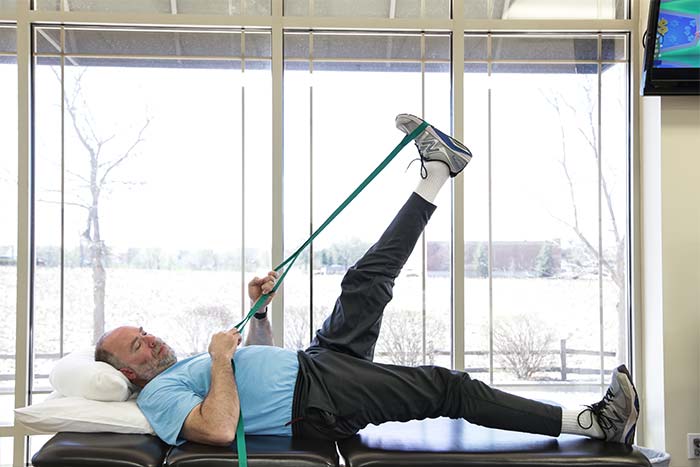
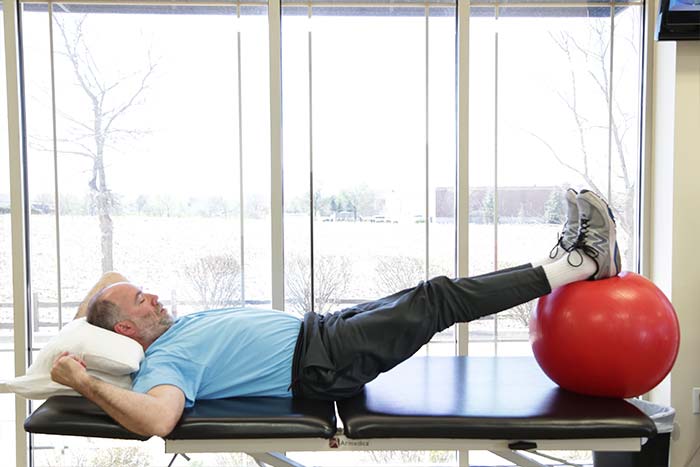
Post-Operative Fracture
Hip replacement surgery, or plates and screws, are often implanted after a hip fracture. Physical therapy is utilized post-surgically to obtain the best outcomes for the patient. Treatment includes education regarding hip precautions/guidelines, gait training, strengthening, transfer training, facilitation to return to normal activities along with a home exercise program. Since many hip fractures occur after a fall, physical therapy also addresses fall prevention, and provides balance training. Physical therapists can also prescribe an assistive device such as a cane or walker when indicated. The goal of therapy is to return the individual to the highest level of function and independence as quickly and safely as possible.
Sacroiliac Dysfunction
Sacroiliac dysfunction is a misalignment of the sacroiliac joint (SI joint). The SI joint is located where the bottom of the spine connects with the pelvis. This condition can cause low back and pelvic region discomfort, and it is often a missed diagnosis. This condition is often confused with other low back and hip issues which present with similar symptoms. Physical therapy can assist with pelvic realignment, and it can provide stabilization exercises to maintain better positioning. By improving SI alignment, pressure and tension is relieved off the surrounding musculature, ligaments, fascia, and nerves, thus decreasing pain.
Related Blog Posts
Want to know what golfers elbow is?
https://www.facebook.com/MoffettPT/videos/245355949680443/
How to Improve Your Seated Posture
https://www.facebook.com/MoffettPT/videos/1902678056446987/
Journey of an ACL Rehab
https://www.facebook.com/MoffettPT/videos/1086529334818394/
Contact us today to get started.
Hours
Monday - Thursday 7:00 am - 8:00 pm
Friday 7:00 am - 3:00 pm
Closed Saturday and Sunday
(847) 659-1000
